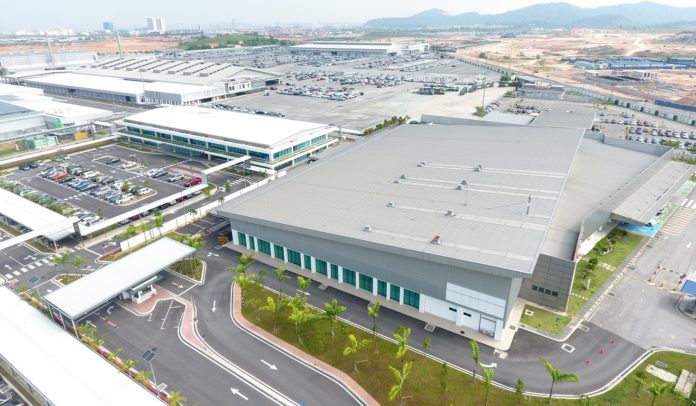For most automotive brands in Malaysia, local assembly plays a crucial role in ensuring their continued competitiveness in the local automotive market.
It goes without saying that national carmakers such as Proton and Perodua run their own assembly plants in the country; however, for foreign brands, completely knocked-down (CKD) operations allow them to offer products at more competitive prices.
Through support and various incentives offered by the government, Malaysia has become host to several vehicle production plants from leading brands. Here are five automotive production plants in the country that you should know about:
Proton Shah Alam & Tg. Malim
The Proton vehicle assembly plant in Shah Alam began operating in 1985, the same year the original Proton Saga was launched. This plant also produced many other important models such as the Wira, Waja, Exora, and Satria.
Proton is reportedly planning to relocate its entire manufacturing operations in Shah Alam to Proton City, Tanjong Malim by 2027. The RM1.8 billion plant, opened in 2003, covers an area of 517 hectares. In addition to producing the latest models such as X50 and X70, the plant also assembles the 1.5 TGDI engine.
Perodua Sg. Choh, Rawang
Perodua’s headquarters sits on a 522-acre site in Sungai Choh, Rawang. In addition to its corporate building, an R&D facility, a test track, and various other facilities, it also houses two vehicle assembly plants: Perodua Manufacturing Sdn Bhd (PMSB) and Perodua Global Manufacturing Sdn Bhd (PGMSB), which was opened in 2016.
According to Perodua, both plants have a vehicle production capacity of up to 320,000 vehicles a year. Perodua also has engine and transmission production plants, both located in Sendayan TechValley.
Toyota Shah Alam & Bukit Raja
The first locally assembled Toyota vehicle was the Corolla KE10, assembled at the Champion Motor plant in Shah Alam. In 1975, the plant was renamed Assembly Services Sdn Bhd (ASSB).
With increasing demand and the need for a new, more modern plant, UMW Toyota in 2019 opened its second assembly plant in Bukit Raja, Klang, where the latest models such as Vios, Yaris, and Corolla Cross are manufactured.
Honda Pegoh, Melaka
Honda began its CKD operations in the country in 2003 with the assembly of the second-generation Honda CR-V at its Pegoh, Melaka plant. The plant, covering an area of 46,543 square feet, can produce up to 50,000 cars per year.
In 2014, a second assembly line was launched, allowing Honda Malaysia to double their annual production to 100,000 units of vehicles annually and 400 units daily.
Volvo Shah Alam
The Volvo Car Manufacturing Malaysia plant, located in Shah Alam, is the oldest automotive assembly plant in Malaysia. It began operations in March 1967 through the assembly of the Volvo 144.
Interestingly, it is also the first Volvo plant opened outside of Volvo’s home country, Sweden. Today, the plant produces a range of Volvo PHEV and BEV cars such as XC90 Recharge, XC60 Recharge, XC40 Recharge, and C40 Recharge.
